Advancements in Stem Cell Research
Recent advancements in stem cell research significantly bolster the ips cell-derived-organoids market. Innovations in reprogramming techniques and differentiation protocols have enhanced the efficiency of generating organoids from iPSCs. In the UK, research institutions are increasingly focusing on these advancements, leading to a surge in publications and patents related to organoid technology. This influx of research not only validates the potential of organoids in various applications, including regenerative medicine and toxicology, but also attracts funding from both public and private sectors. The market is expected to witness a growth rate of around 12% annually as these advancements translate into practical applications. Furthermore, collaborations between universities and biotech firms are likely to accelerate the development of novel organoid models, thereby expanding the scope of the ips cell-derived-organoids market.
Growing Awareness of Disease Modeling
The growing awareness of disease modeling using organoids is a key driver for the ips cell-derived-organoids market. Researchers and clinicians in the UK are increasingly utilizing iPSC-derived organoids to study complex diseases, including cancer and neurodegenerative disorders. This trend is fueled by the recognition that traditional cell culture methods often fail to replicate the intricacies of human diseases. As a result, organoids provide a more accurate platform for understanding disease mechanisms and testing therapeutic interventions. The market for disease modeling is anticipated to expand significantly, with estimates suggesting a growth rate of around 10% annually. This heightened interest in organoid-based research is likely to attract funding and collaboration, further propelling the ips cell-derived-organoids market.
Rising Demand for Personalized Medicine
The increasing emphasis on personalized medicine is a pivotal driver for the ips cell-derived-organoids market. As healthcare shifts towards tailored treatments, organoids derived from induced pluripotent stem cells (iPSCs) offer a unique platform for drug testing and disease modeling. This trend is particularly pronounced in the UK, where the market is projected to grow at a CAGR of approximately 15% over the next five years. The ability to create patient-specific organoids allows for more accurate predictions of drug responses, thereby enhancing therapeutic efficacy. Consequently, pharmaceutical companies are investing heavily in this technology, further propelling the ips cell-derived-organoids market. The integration of organoids into clinical trials is expected to streamline the drug development process, potentially reducing costs and timeframes associated with bringing new therapies to market.
Regulatory Support for Innovative Therapies
Regulatory support for innovative therapies plays a crucial role in shaping the ips cell-derived-organoids market. In the UK, regulatory bodies are increasingly recognizing the potential of organoid technology in advancing therapeutic options. Initiatives aimed at expediting the approval process for regenerative medicine products are likely to encourage investment in iPSC-derived organoids. This supportive regulatory environment may lead to a more rapid translation of research findings into clinical applications, thereby enhancing the market's growth prospects. Furthermore, as regulatory frameworks evolve to accommodate new technologies, the ips cell-derived-organoids market could see an influx of novel therapies entering the market, potentially increasing competition and innovation.
Increased Focus on Drug Discovery and Development
The growing focus on drug discovery and development is a significant driver for the ips cell-derived-organoids market. Pharmaceutical companies in the UK are increasingly adopting organoid technology to enhance their drug screening processes. By utilizing iPSC-derived organoids, researchers can better mimic human physiology, leading to more reliable preclinical results. This shift is particularly relevant as the pharmaceutical industry faces mounting pressure to reduce the high failure rates associated with traditional drug development methods. The market for organoid-based drug discovery is projected to reach £1 billion by 2027, reflecting a robust demand for innovative solutions. As a result, the ips cell-derived-organoids market is likely to benefit from increased investments in this area, fostering further advancements and applications.


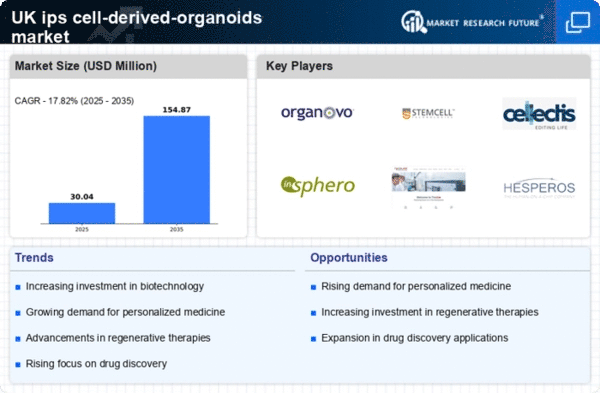
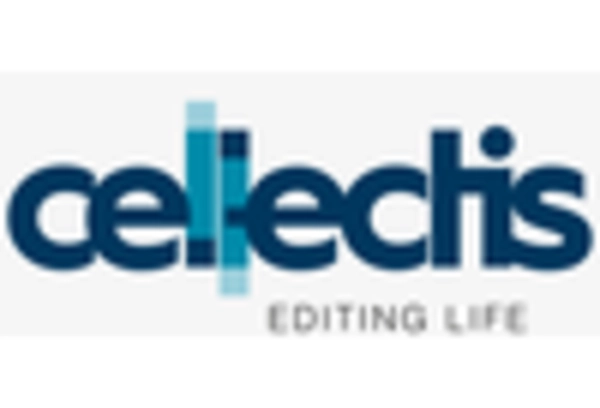
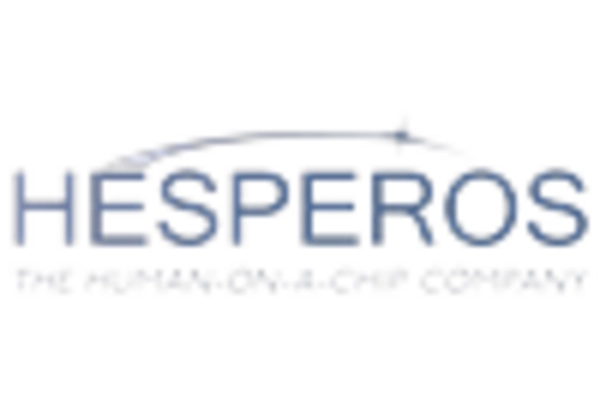

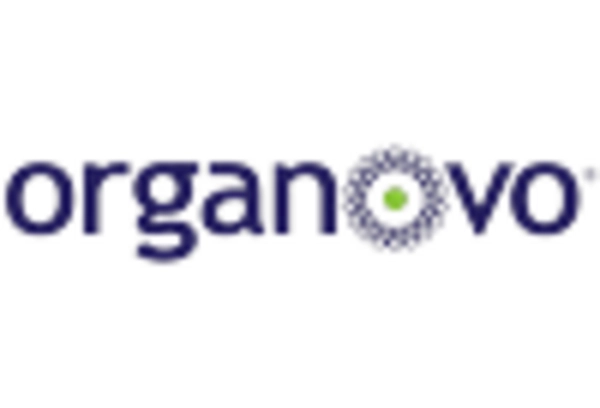
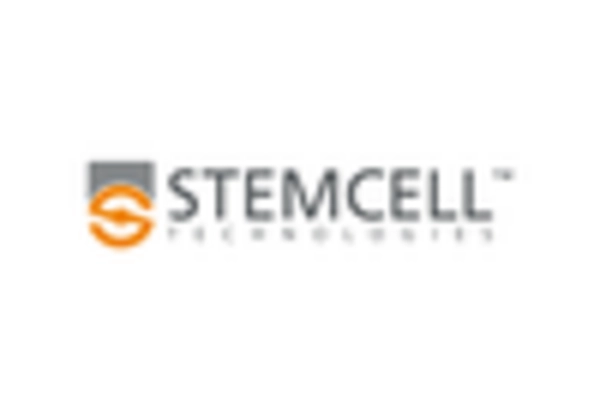
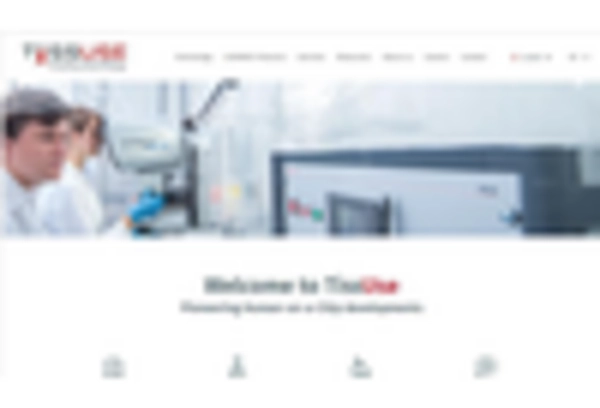








Leave a Comment